Elon Musk has set up a third party and pledged to contest next year’s midterms. But to find a third party that has performed well in a midterm election, we must journey far into the annals of American history.
Minnesota and Wisconsin-based parties managed a handful of House representatives and a senator or two in 1934, but these were states-first campaigns that were anchored in a geographical power-base – something Musk does not have.
We can discount the movements linked to Ross Perot in the 1990s and George Wallace in 1968, who both ran for president but did not have a viable wider party slate at their own elections or ensuing midterms. Theodore Roosevelt’s Bull Moose Progressives won five House seats in 1914 but were tied to his own personal popularity from the preceding presidential election. Musk has not been and cannot be a presidential candidate, having been born in South Africa.
To get closer to anything resembling Musk’s America party, we have to go back to the 1890s. The People’s party was set up out of agrarian protest movements in the South and Midwest, representing concerns about crop prices and railroad monopolies, as well as pushing for “free silver” (expanding the money supply with silver rather than adhering to the gold standard). They mustered nine House seats in the 1890 midterms and around 10 in 1894. Throughout the 1890s, they held five Senate seats, a substantial swing bloc.
Before that, we rely on the Free Soil party of the 1860s (built from those supporting the abolition of slavery), the Know Nothing party of the same decade (based on opposition to Catholic migration), and the Anti-Masonic party of the 1830s (the clue is in the name). All of them disappeared fast, merging into the main parties: the People’s party into the Democrats, Free Soil and Know Nothings mostly into the Republicans, and the Anti-Masonic party into the Whigs.
Another thing all these had in common was that they were either anchored in a particular sectional group with clear class concerns (farmers, Protestant laborers) or based around a single issue (down with the Masons, free the slaves). It is hard to argue that Elon Musk’s “America party” either does or even wants to stand for a particular subset of the population, or for a specific issue.
Put simply: there is not a single successful case of a party that looks like Musk’s in American history.
There does not appear to be an ideological niche to fill either. Musk has criticized the “uniparty” politics of the Democrats and Republicans. But unlike their fuzzier European counterparts, the two main parties in American politics present a clear choice for the public, hence polarization.
Where there is frustration with the status quo, the gap has been filled by Trump on the right and figures like Bernie Sanders, AOC and Zohran Mamdani on the left. America’s two main parties are coalitions in themselves, and that plus the primary process – which gives different wings of a party a shot at power – often means they flex to cater for voter demands without needing to set up a new party apparatus.
Last month my firm, JLPartners, polled how a new party set up by Musk would perform in the 2026 midterms. We found that the party would only pull in 4 percent of the vote. It is slightly more popular with men (5 percent) than women (3 percent) but its geographical appeal is consistently low across the country – it has no deep enclave of support among the people nor the land. Some say it might pull in the tech bros of California, but it garners only 1 percent of support among voters on the West Coast.
What about older voters, those who consistently go out and vote? With this lynchpin of modern electoral success, the idea of a Musk-led party musters 1 percent. Musk’s party fails to break 10 percent with any group in American society.
Where there is difference is on party support. It is five times as likely to take support from Republicans (5 percent) than from Democrats (1 percent), though takes the most votes from Independents (7 percent). But that five-to-one difference means Trump and his outriders are right to say that Elon Musk’s run could hurt the Republicans.
Really though, will it? Musk has to launch a new movement. He has to do so without the board of Tesla melting down. He has to find compelling candidates at state level. He has to invest vast amounts of his own money and then some to even get the plan into orbit. He has to do all this without a sectional group to rely on, or a particular policy area to campaign on. And as we have seen, he has not got history in his side.
With all that considered, forgive me for not getting excited by either Musk’s messianic declarations of a new chapter for America, or Republican fear about their electoral chances. I’d be surprised if we are even still talking about the America party a year from now.
Elon Musk’s America party could hurt Republicans
But I’d be surprised if we are even still talking about it a year from now
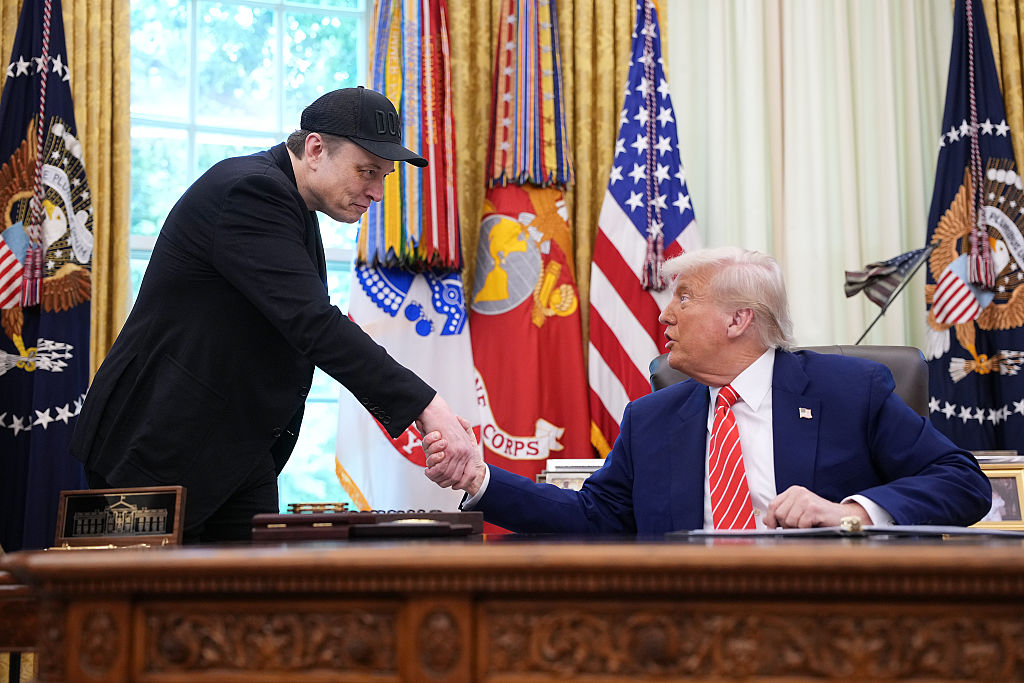
Elon Musk shakes hands with Donald Trump (Getty)
Elon Musk has set up a third party and pledged to contest next year’s midterms. But to find a third party that has performed well in a midterm election, we must journey far into the annals of American history. Minnesota and Wisconsin-based parties managed a handful of House representatives and a senator or two in 1934, but these were states-first campaigns that were anchored in a geographical power-base – something Musk does not have. We can discount the movements linked to Ross Perot in the 1990s and George Wallace in 1968, who both ran…









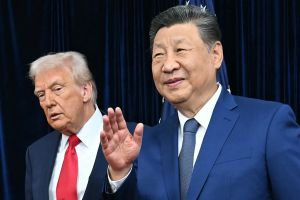
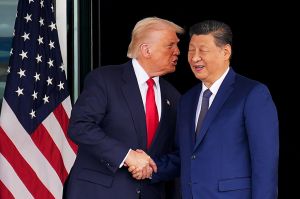

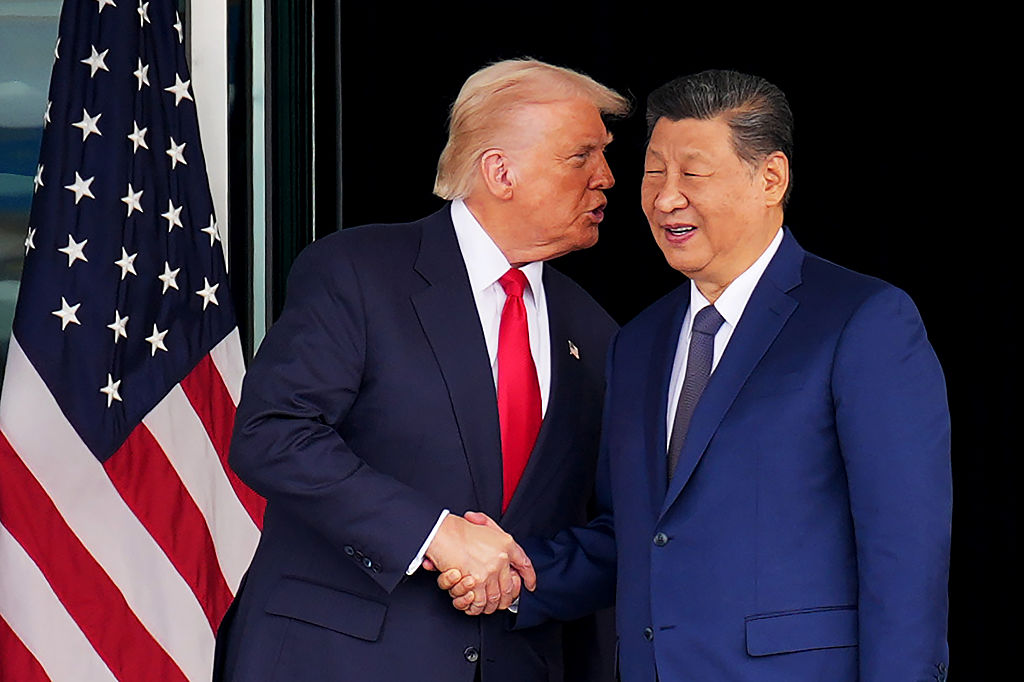
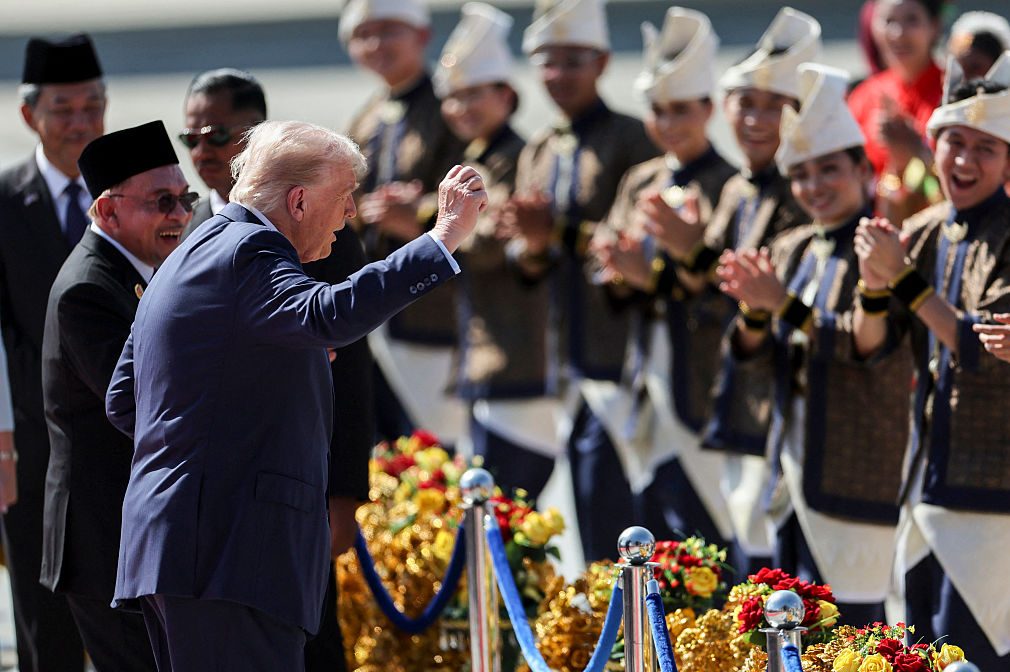
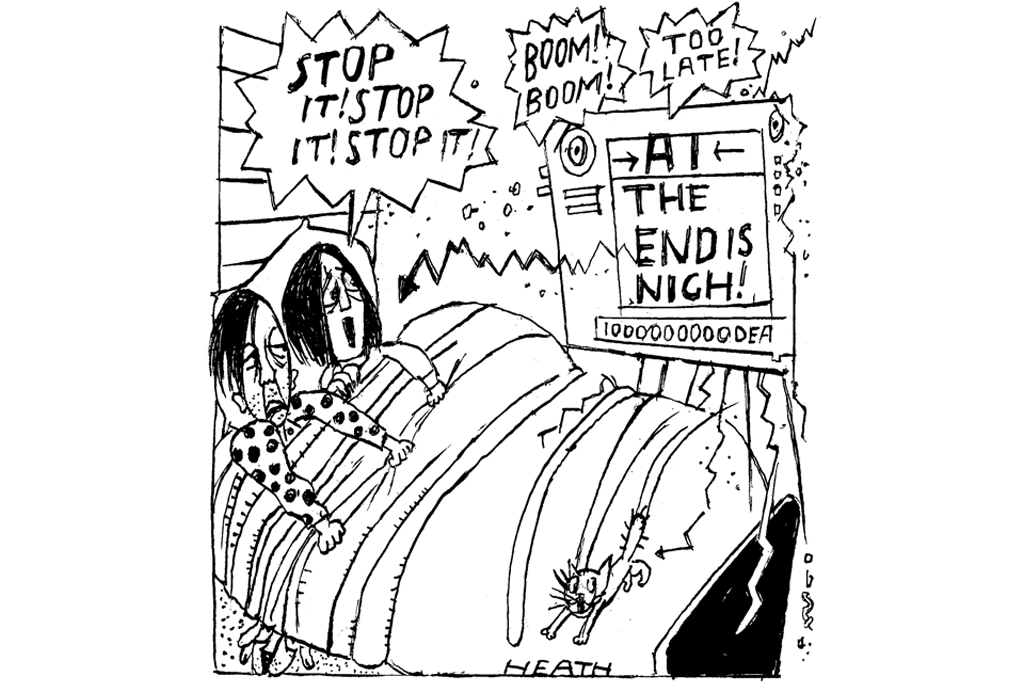
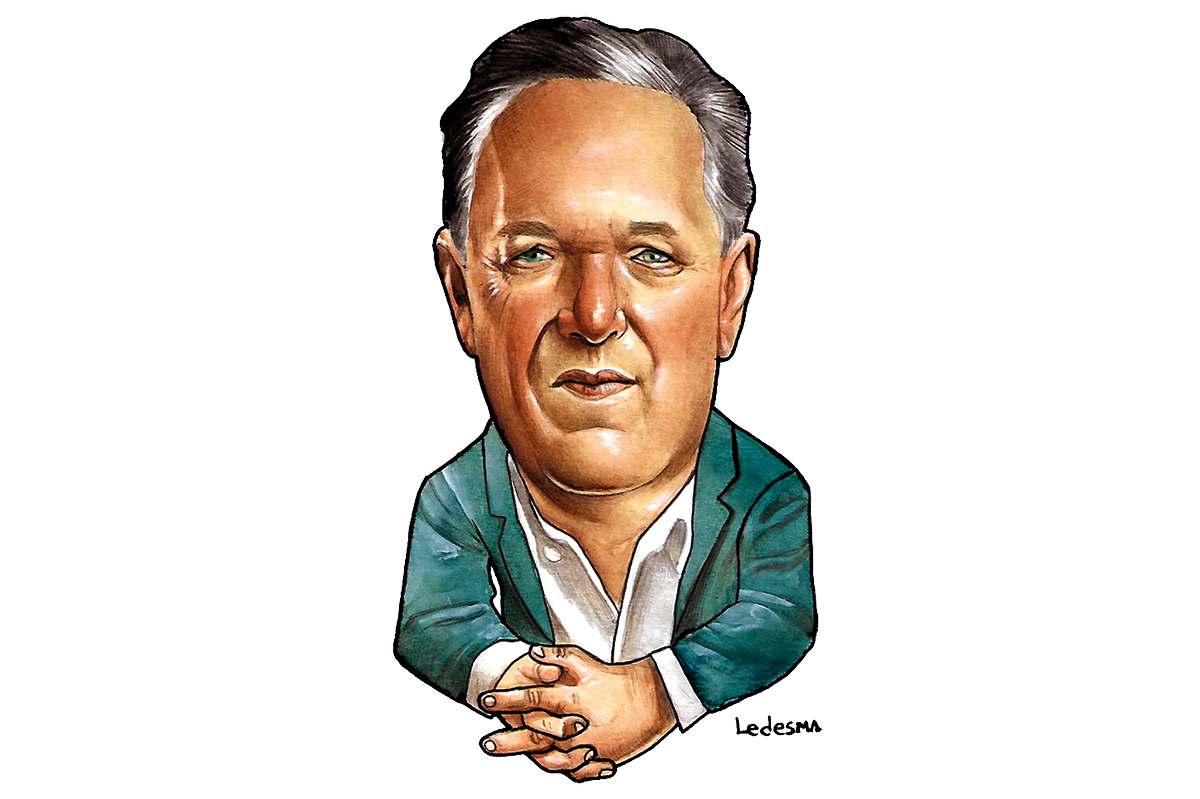









Leave a Reply